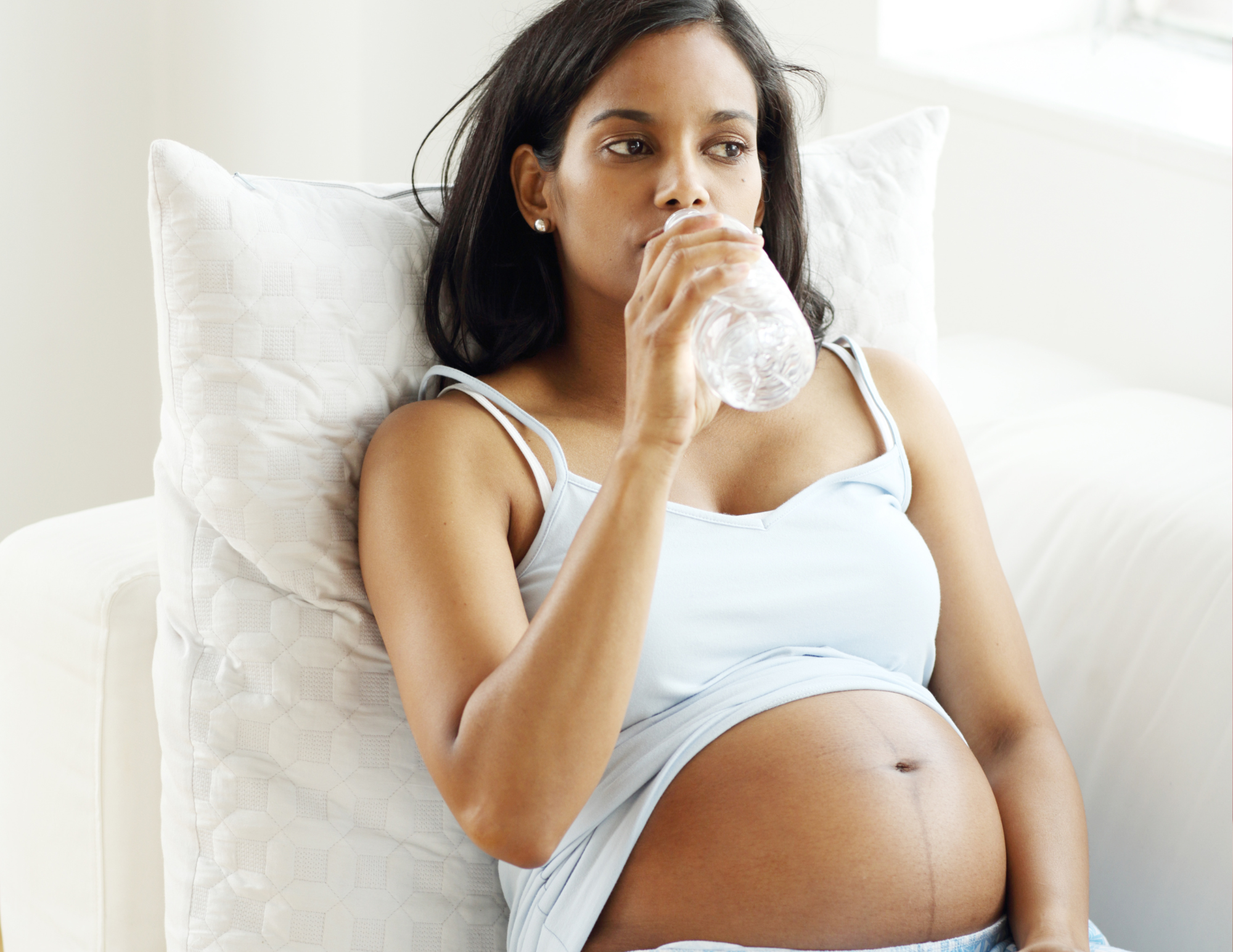
What you should know about Vitamin D in pregnancy
Vitamin D (aka the sunshine vitamin) plays a key role not only for you in your pregnancy but also for your baby’s development inside and outside of the womb.
For the Pregnant Body
Deficiency in vitamin D is prevalent in Canada and testing during pregnancy is not routine. Aside from sun exposure, we can get vitamin D from a limited number of foods, including dairy products and fish, such as salmon, herring and rainbow trout.
Prenatal multivitamins commonly contain between 400 – 1,000 IU of vitamin D, however many individuals may need more, especially through the fall and winter months. Individualized dosages are best determined through testing since genetics, nutrition and sun exposure all influence an individual’s vitamin D requirements.
Some factors which could increase your risk of vitamin D deficiency include spending limited time outdoors, keeping your skin covered, using high UV factor sunblock, having darker skin pigmentation, or having an increased BMI.
Certain risks for the mother associated with vitamin D deficiency include a higher risk of gestational diabetes, preeclampsia, preterm birth, or emergency C-section delivery.
Maternal vitamin D deficiency is also correlated with a greater risk of postpartum depression, so it is important to continue your recommended supplementation after your baby is born.
For the Baby’s Body
During pregnancy, vitamin D is key for absorbing both calcium and phosphate and helps the development of your baby’s bones, teeth and nervous system. Vitamin D deficiency during pregnancy is associated with low birth weight infants. In addition, there is growing evidence of an association between low vitamin D status and the risk of asthma, allergies and impared immune function in newborns.
Here are a few steps you can take:
- Check the vitamin D content in your prenatal supplement, and ask your primary provider if this is adequate for your needs.
- Include foods fortified with vitamin D daily – such as dairy products or nut milks.
- Include fish in your diet 1-2 times per week.
- Spend a few minutes outdoors when you can.
- Speak with our Naturopathic Doctor or Holistic Nutritionist about customizing your nutritional needs throughout pregnancy and beyond.

About Dr. Erica Nikiforuk
Dr. Erica is a licensed Naturopathic Doctor with a clinical focus on fertility, pregnancy and pediatric health. She is passionate about supporting parents throughout pregnancy and nurturing the health of the next generation.
You can read more about Dr. Erica here: https://www.rootedfamily.ca/about-us
References
1. Stephenson J, Heslehurst N, Hall J, et al. Before the beginning: nutrition and lifestyle in the preconception period and its importance for future health [published correction appears in Lancet. 2018 May 5;391(10132):1774]. Lancet. 2018;391(10132):1830-1841.
2. Beluska-Turkan K, Korczak R, Hartell B, Moskal K, Maukonen J, Alexander DE, Salem N, Harkness L, Ayad W, Szaro J, Zhang K, Siriwardhana N. Nutritional Gaps and Supplementation in the First 1000 Days. Nutrients. 2019 Nov 27;11(12):2891.
3. Brown B, Wright C. Safety and efficacy of supplements in pregnancy. Nutr Rev. 2020 Oct 1;78(10):813-826.
4.Larqué E, Morales E, Leis R, Blanco-Carnero JE. Maternal and Foetal Health Implications of Vitamin D Status during Pregnancy. Ann Nutr Metab. 2018;72(3):179-192.

.png)

.png)